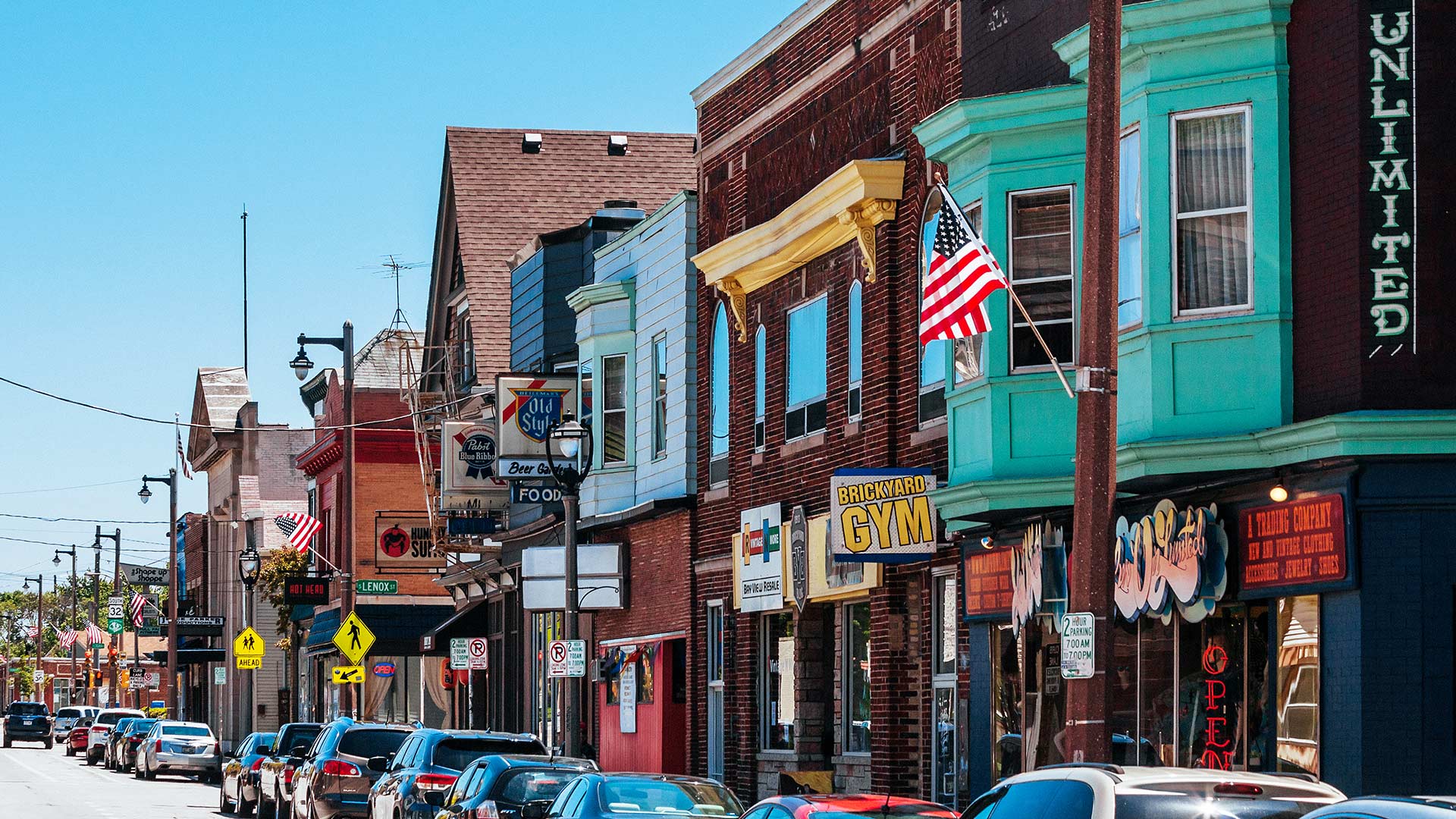
In an effort to bridge the gap between police officers and at-risk youth in Milwaukee, Wisconsin, a unique event was held at Gee’s Clippers barbershop on May 31 between police officers and local community members.
The event, a collaboration between the Milwaukee Christian Center, Gee’s Clippers and Atlanta nonprofit Clippers & Cops, shared a platform for open and honest discussions aimed at fostering understanding and trust between law enforcement and the young people they serve.
The barbershop, often referred to as a “Black man’s country club,” served as the ideal setting for these conversations.
Clippers & Cops founder Tyrone Dennis explained that the barbershop environment promotes equality, where everyone has an equal voice.
“We talk about everything under the sun in the barbershop, and everybody’s equal. Everybody has an equal say,” Dennis said.
Drawing from his experience as both a patrol officer and gang detective, Dennis spoke of the importance of humanizing the officers and creating a level playing field.
“I’m not a cop in the barbershop. I’m just a regular person, and everybody else is too,” he stated.
The dialogue concerned various topics, with participants engaging in frank discussions about how young people and police officers can better understand each other.
One of the primary objectives was to educate people on police procedures and provide insight into why officers employ certain tactics during encounters. By shedding light on these practices, officers aimed to help young individuals navigate their interactions with law enforcement and prevent negative experiences.
For example, Dennis highlighted that traffic stops can be just as intimidating for officers as they are for citizens.
He revealed that he often instructs individuals he pulls over to roll down their window and place their hand on the window, explaining that this visible action helps to ease tensions. By educating the public about these measures, both sides can learn and grow from the experience.
“A gun can’t float in the air, so if I can see your hands, I can calm down,” Dennis explained. “People never thought about it like that. It’s an opportunity for us to educate and grow from that.”
The event, which offered free haircuts for youths aged 12 to 21, was not solely about police officers speaking to the community, but allowed community members to share their thoughts and concerns as well.
Clippers & Cops, known for its work in Memphis, Dallas and St. Louis, utilizes retired and active Atlanta police officers to facilitate the dialogue between Milwaukee police and local residents.
The hope is that such initiatives will build stronger relationships between the police and the community in Milwaukee.
Despite the existence of similar programs, Dennis expressed his desire for continued efforts and ongoing dialogue.
“We are basically getting the ball rolling in that regard,” he added.
Police Chief Jeffrey Norman also participated in the event. The chief said his administration has made community engagement and violence prevention a priority.
As a result, crime has gone down. However, too many kids still have access to guns.
“Why are we allowing … kids in our homes doing dangerous (expletive). Let’s keep it real. This isn’t a time to have no sugar-coated conversations,” Norman said. “I’m tired of responding to this stuff.”
While the event served as an eye-opener for many, opinions varied on its effectiveness. Elizabeth Brown of Justice Wisconsin, a civil and human rights advocacy group, disagreed with the notion that children bear the responsibility of de-escalating encounters with the police.
She argued that fear arises from negative experiences witnessed within their families, communities and the media, and called for shared responsibility and urged good police officers to speak up.
She also highlighted the need for transparency and accountability within the force.
Participants expressed a range of opinions and suggestions for future progress. Jadien Richards, a youth build AmeriCorps participant with the Milwaukee Christian Center, advocated for educational programs that teach young individuals how to better interact with the police.
Richards also stressed the importance of understanding laws and constitutional rights to protect oneself within the bounds of the law.
In addition, community activist Tory Lowe applauded the efforts and highlighted the necessity of transparency and open dialogue to build trust between the community and the police. He acknowledged that trust cannot be achieved immediately, but through continued transparency and conversation, hope for positive change can be fostered.
Dennis added that his motivation for the event was to help minorities like himself.
Milwaukee Christian Center program manager Arleta Slaughter spoke about the event.
“It takes a village,” Slaughter said. “They need to hear it not from teachers, mom and dad, but also law enforcement because they’re the community as well.”
Chief Norman stressed that the two groups look for common goals instead of differences.
“At the end of the day, we might not agree on how to get there but we do have the same goal: peace, harmony, love, respect. Let’s continue to work with each other,” he said.





